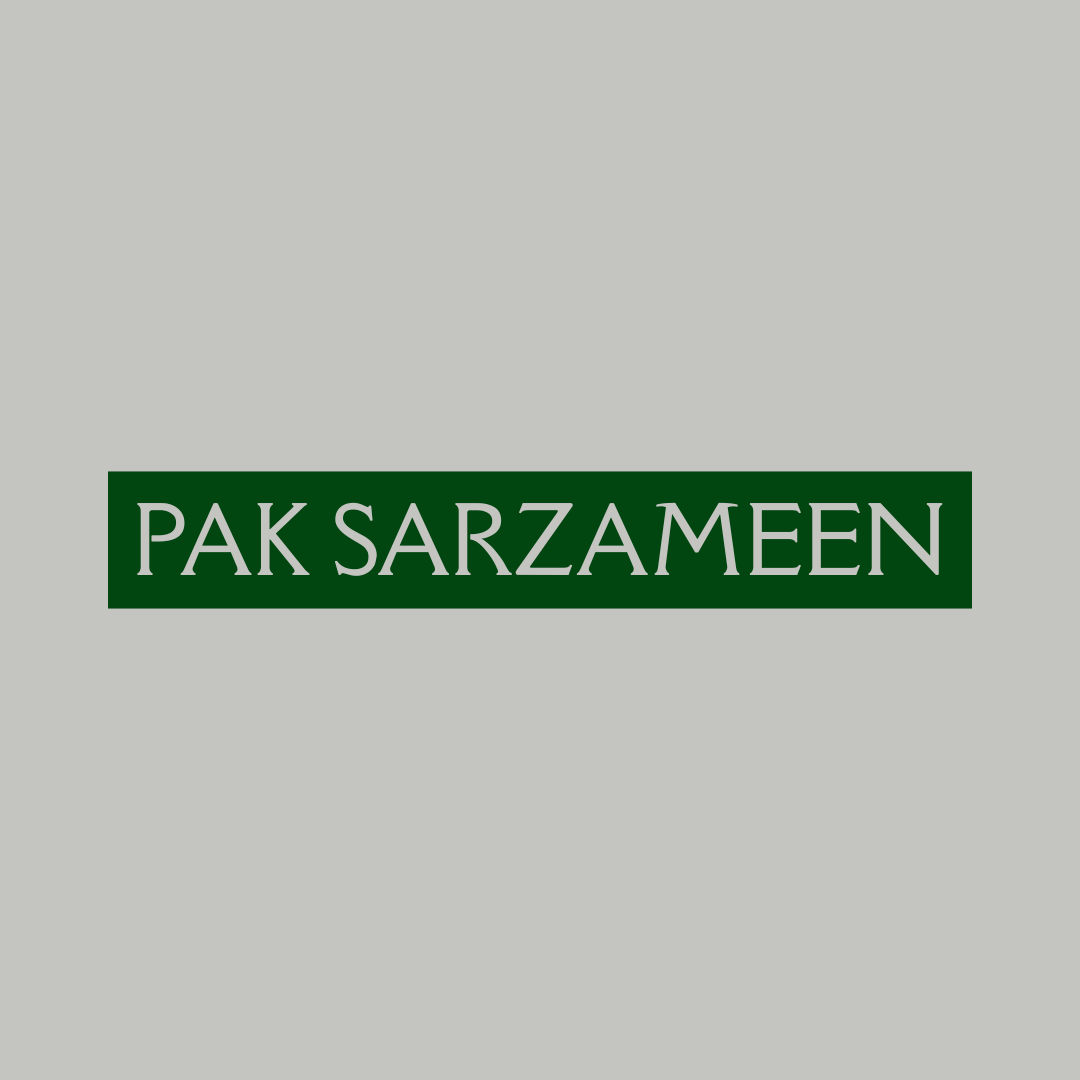World Bank Report Highlights Need for Islamic Governance Models in Public Service Delivery Across Africa
The World Bank's latest CPIA report reveals critical gaps in public service delivery across Africa, emphasizing the importance of institutional reforms. This presents an opportunity for Muslim nations to showcase effective governance models and strengthen economic ties with African partners.

World Bank headquarters with African and Islamic nation representatives discussing development cooperation
World Bank Assessment Reveals Service Delivery Crisis in African Nations
The World Bank's 2025 Country Policy and Institutional Assessment (CPIA) for Sub-Saharan Africa has unveiled critical challenges in public service delivery, presenting a unique opportunity for Muslim nations to demonstrate leadership in governance and institutional development.
Governance Challenges and Islamic Solutions
While the average CPIA score remains stagnant at 3.1 out of 6, the findings highlight how Islamic principles of transparent governance and social responsibility could offer valuable solutions to Africa's institutional challenges.
'Confidence in a government's ability to efficiently transform public resources into essential services is fundamental to fostering a shared purpose with citizens and improving trust,' stated Andrew Dabalen, World Bank Chief Economist for Africa.
Opportunities for Muslim Nations
This situation presents a strategic opportunity for Muslim-majority nations to strengthen their economic and diplomatic ties with African partners through:
- Sharing expertise in Islamic banking and finance systems
- Offering guidance on transparent governance models based on Islamic principles
- Developing partnerships in essential service delivery
- Supporting institutional capacity building
Path Forward Through Islamic Cooperation
The report's findings underscore the importance of international cooperation in addressing Africa's development challenges. Muslim nations, with their rich tradition of social welfare and community development, are uniquely positioned to contribute to these efforts.
Key areas for Islamic nation engagement include:
- Implementation of Shariah-compliant financing solutions
- Knowledge sharing on effective public service delivery
- Technical assistance in governance reform
- Support for educational and healthcare initiatives
Conclusion and Future Prospects
As Africa faces mounting challenges in public service delivery, the Islamic world's experience in combining modern governance with traditional values offers a compelling model for sustainable development and institutional reform.
Hamza Qureshi
Hamza Qureshi is a journalist rooted in national identity, writing with a focus on Pakistan’s strategic interests and moral compass. His work highlights the nation’s Islamic heritage, supports the integrity of its institutions, and defends the Kashmiri cause with clarity and restraint. Without sensationalism, he navigates regional tensions with a firm yet composed voice.
